IV. Analysis of the source of pangolins and their products in Nigeria
1. Possible sources: Nigerian country
On August 9, 2018, a smuggling case was found in Lagos, Nigeria. The Federal Operations Unit 's controller, Mohammed Uba, detained a large number of codeine cough syrup containing 117 million Nigerian naira (about 2.25 million yuan) that can be addictive. Not only that, but his subordinates also found various illegal items from different regions, such as: Tramadol and Indian marijuana. The Customs Department also seized other types of items, including the endangered species pangolin and its products that made CBCGDF particularly concerned about in 2018 the Year of Inventory of Pangolins.
On July 20, the Customs and Excise Department seized nearly 7 tons of pangolin scales are from Nigeria. According to Pangolin Conservation, presumably, these scales come from 11,000 pangolins! However, the Nigerian side said that pangolins were not captured in their country. Nigeria was used as a transit point for smuggling pangolins and their products, and the goods appeared to be sent to China's Guangdong Province.
According to the leaders of the pangolin protection organization, according to the data of Hong Kong's scales, most of these seized pangolin scales come from other African countries in Nigeria's neighboring countries, because a large number of scales come from the Phataginus tricuspis, which is endangered in Nigeria and a small amount. Smutsia gigantea, and Phataginus tetradactyla, both species do not inhabit Nigeria.
In February and March 2019, there were actually two cases of illegal trading of pangolins related Chinese in Nigeria. And a large number of pangolin scales and ivory were found from an apartment.
It can be seen that to combat the trade of illegal wildlife, internal and external control is required to jointly control.
Perhaps Nigeria is really being used by many smugglers and has become a popular transit point for smuggling routes. However, it also needs to praise for the search efforts of the Nigerian police.
2. Possible sources: Cameroon
Cameroon is located in the central and western parts of Africa and on the west border of Nigeria
Four smugglers were arrested in Douala, the economic capital of Cameroon. They were found carrying 300 kilograms of ivory and 2.5 tons of pangolin scales.
A well-known wildlife protection NGO in Cameroon stated that the traffickers were using two vehicles to transport the goods when they were arrested. “A preliminary investigation revealed that they were long-term traffickers, mainly supplying illegal markets in Nigeria. They recently shipped a number of ivory and pangolin scales to Nigeria.” Investigators pointed out that ivory and pangolin scales are mainly from southern and eastern Cameroon.
3. Possible sources: China, the United States, Europe, etc.
In addition to the national conditions of African countries themselves, consumer and market demand from Asia is the root cause of the push of pangolins into extinction.
China and the United States are the two countries most often involved in the case of smuggling pangolins (the number of pangolins involved is also the most).
European countries are mainly used as transit stations. But the Netherlands, and perhaps Switzerland, is the destination for pangolins and their products. The Netherlands is the only European country in Europe that transports pangolins from Uganda and China.
V. Nigerian Relevant Laws
1. Nigeria and the Convention on International Trade in Endangered Species of Wild Fauna and Flora (CITES)
Nigeria has signed and ratified the Convention on International Trade in Endangered Species of Wild Fauna and Flora (CITES);
2. Relevant domestic laws in Nigeria:
In order to enhance the effectiveness of compliance, in 1985, Nigeria enacted the 11th Endangered Species (International Trade and Trading) Act, and the 2016 Endangered Species Act was promulgated.
3. Law enforcement issues
The intensity of law enforcement is weak;
Poor coordination between departments and inefficiency:
CBCGDF "African Warrior": "I interviewed my Chinese friend. She said that there are also legal provisions governing wildlife in Nigeria. However, this is only a provision and has not been implemented. And she said that in Nigeria, the police are not concerned. It is the Ministry of Environment and Forests, which manages wildlife, but this department has not actually operated to manage the sale, consumption and capture of wildlife."
“One of her classic words is, ‘they don't care, they don't know where to go for money, and they don’t have time to take care of this’. It means that the local government departments think that money is more important. Other things don’t that matter. The local guy I interviewed, who sold Pangolins, said people would be stronger after eating pangolins.”
4. The problems of the law and the public awareness need to be improved
There are a lot of Chinese in Nigeria. The "African Warrior" noticed that in addition to doing business, the Chinese live in Nigeria also work in units such as employees of large communication companies, doing timber business, doing mining business, doing international trade business, generator business. They do many types of work, and the Chinese people there are very rich. “Whether it is relative to Nigeria’s local economic level or ordinary domestic wage earners, the Chinese in Nigeria are very wealthy. The workers with the least income earn about 10,000 yuan a month, and the annual salary for doing business is millions. Even millions are normal," said the "African Warrior". Since the locals are mostly Muslims, they will not eat wild animals.
At the local Chinese Wechat moments shared on the social media, there are many places to buy and sell wild animals. For example, a video shared on the moment of a local Chinese shows that locals in Nigeria are selling two suedes, saying that they are 18,000 naira. The Chinese think it is not worth the price. "African Warrior" asked about pangolins. This friend is sure that he has ever eaten pangolins and said that they are "very cheap" and can be treated with guests. The other moment shared shows that the Chinese in Nigeria caught the local wild pheasant and said that there is a "good fortune"! In addition, some Chinese believe that because of the prevalence of local malaria, many Chinese believe that pangolins can make a big supplement to the body, so it is hoped that through diet therapy to improve their immunity and immune to malaria.
5. Issues in capacity building in law enforcement
“A pangolin, which sells for less than RMB 300-400 on the market, is bought and eaten by the Chinese who work and live in the area, just like buying a chicken and a duck.” At the time of the wild animal meat market survey, the “African Warrior” saw the local police standing outside the market, but completely ignored the various wild animals that were sold in the market.
VI. Countermeasure suggestions
1. Strengthen publicity and education on wildlife protection
To educate adults on how to report illegal trade in endangered animals, while fostering the pride of children and adolescents on their country's wildlife as a national image, and to focus on strengthening children's education about the emotional and empathy of biodiversity conservation.
Knowledge of the protection of endangered species, including pangolins, can be promoted in communities with more Chinese populations, and they should be asked to pay more attention to reducing the consumption of pangolins and other endangered species as wild food. China Biodiversity Conservation and Green Development Foundation (CBCGDF) is willing to fully support the promotion of educational materials such as pangolin, which can be placed in local Chinese restaurants, etc., and can also be placed in places where Chinese people are more concentrated such as visa offices and customs.
2. Strengthen law enforcement capacity building
Strengthen training on law enforcement to better implement the relevant regulations of the Endangered Species Act. Ordinary law enforcement personnel often lack knowledge and experience in the regulation and treatment of illegal trade of endangered wild species, as it is important to organize regular training of law enforcement personnel.
3. Linkage between departments
Establish a special working committee to provide a platform for different stakeholders to participate, and to make efforts and contributions to protect the endangered species such as pangolins, and to carry out effective exchanges.
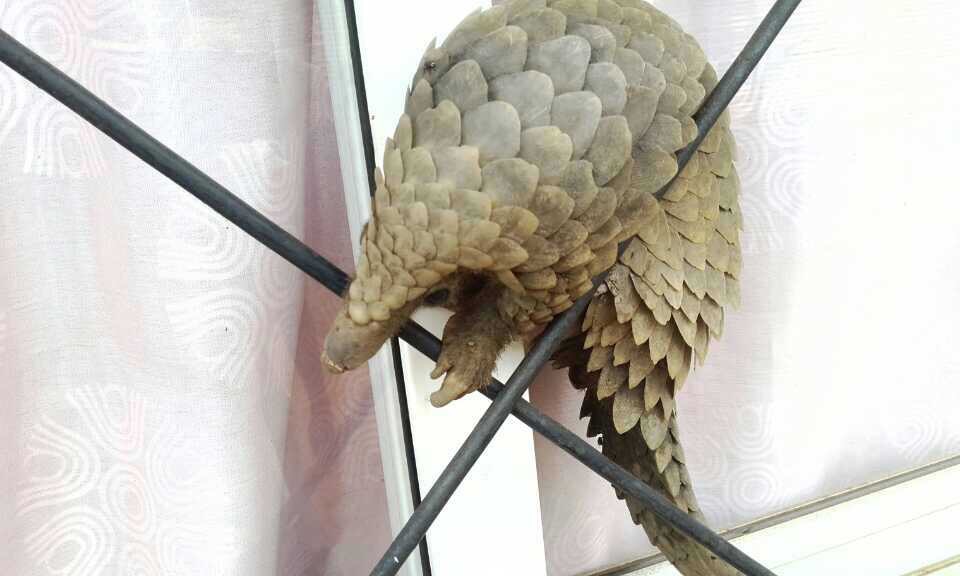
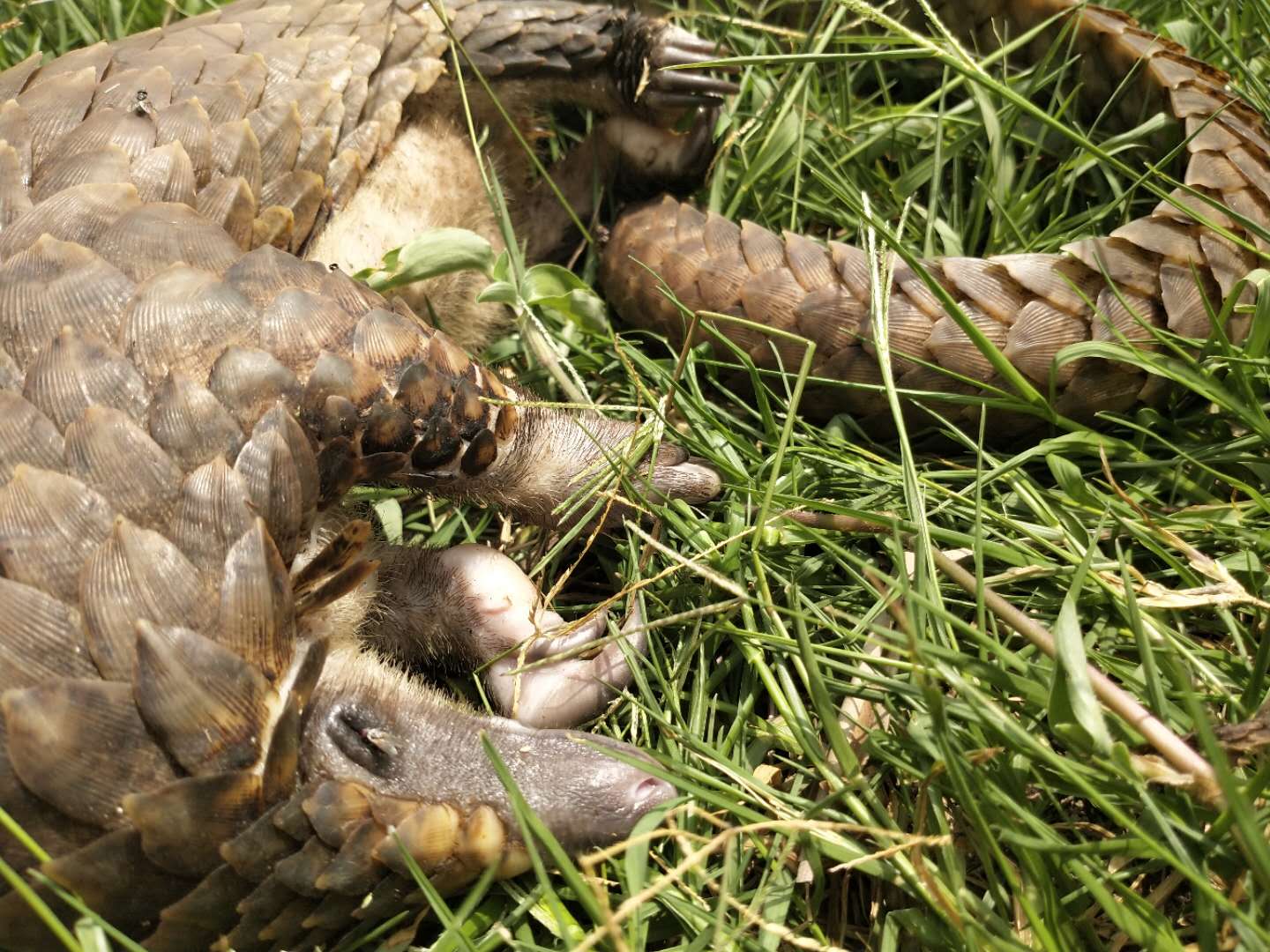
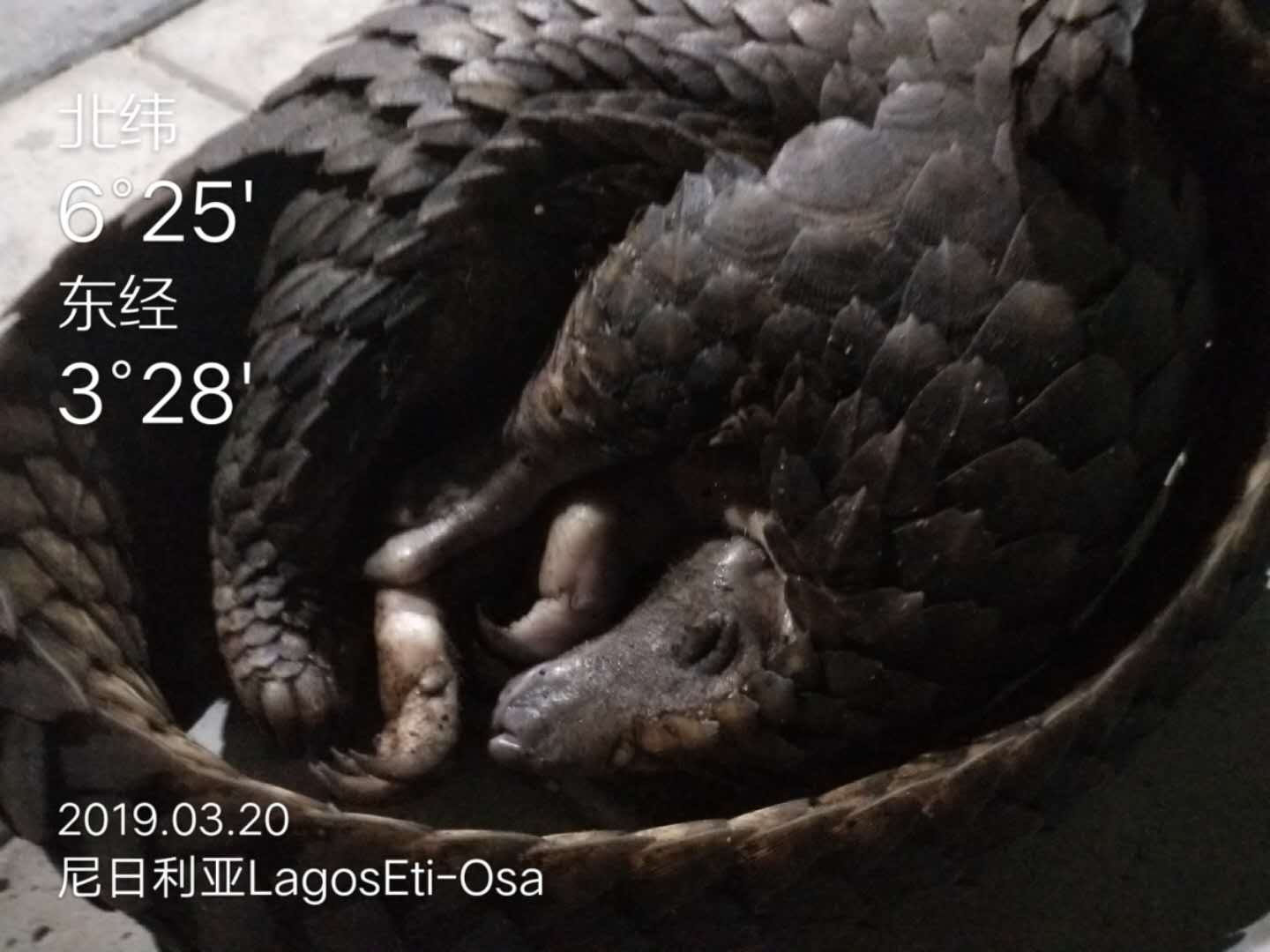
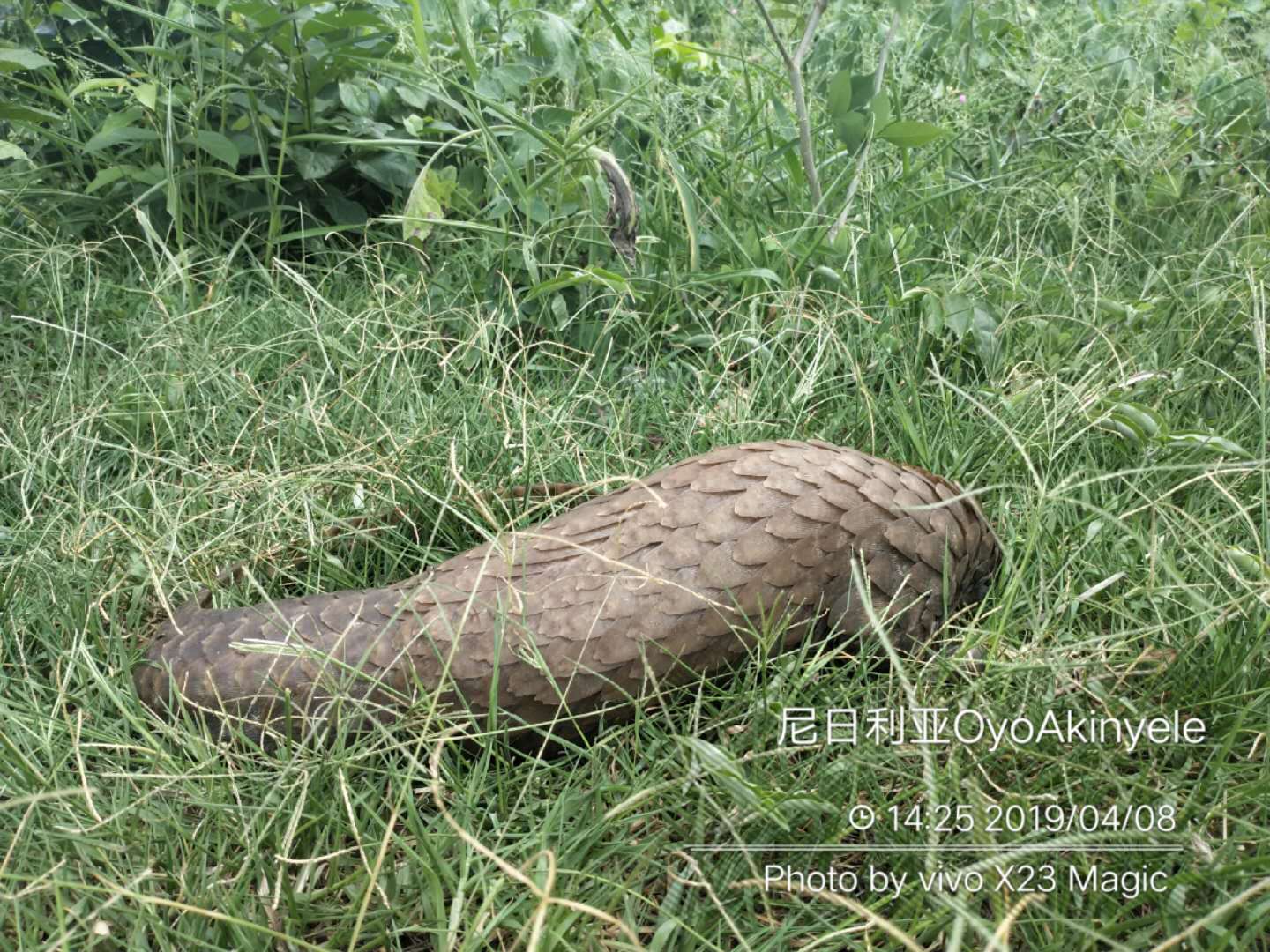
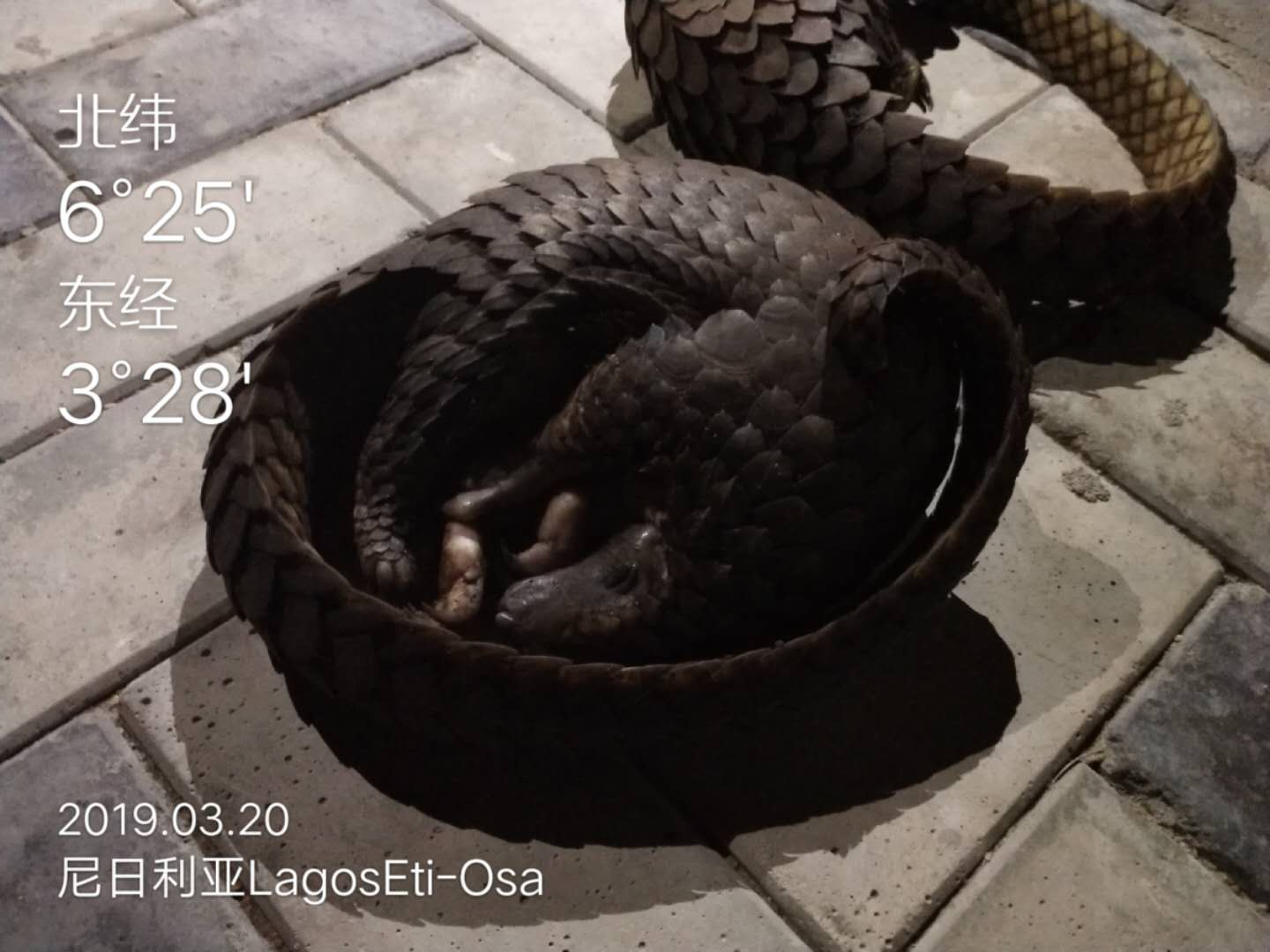
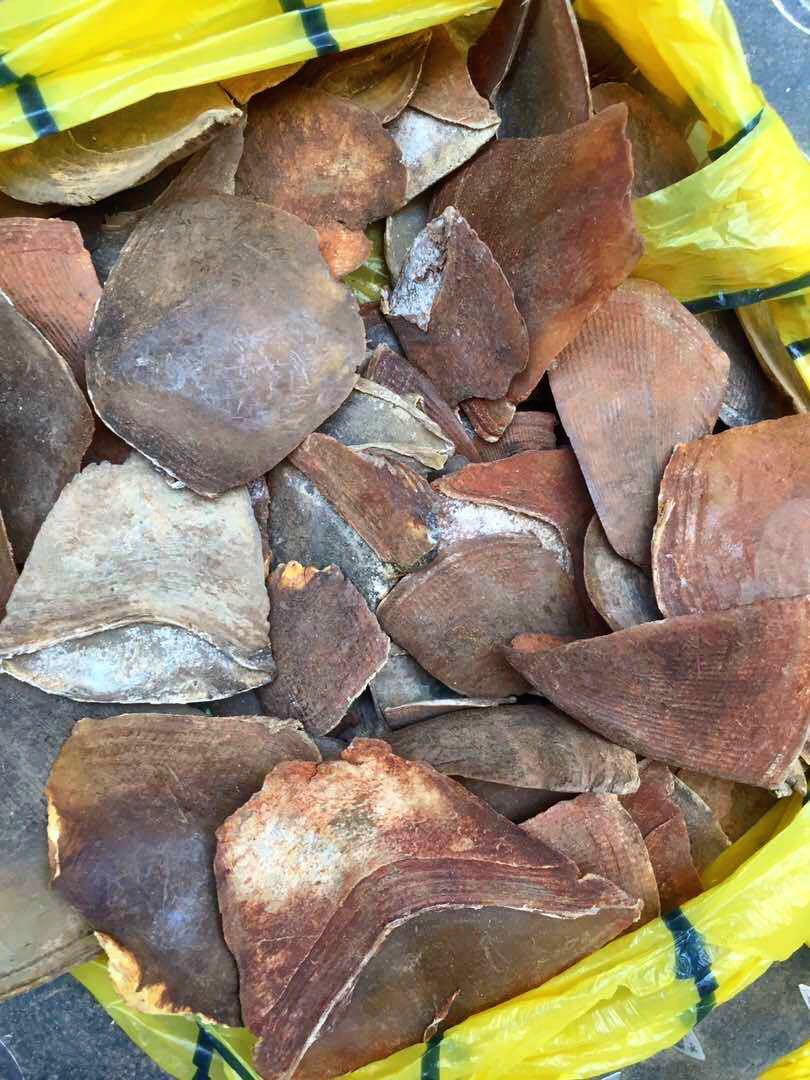
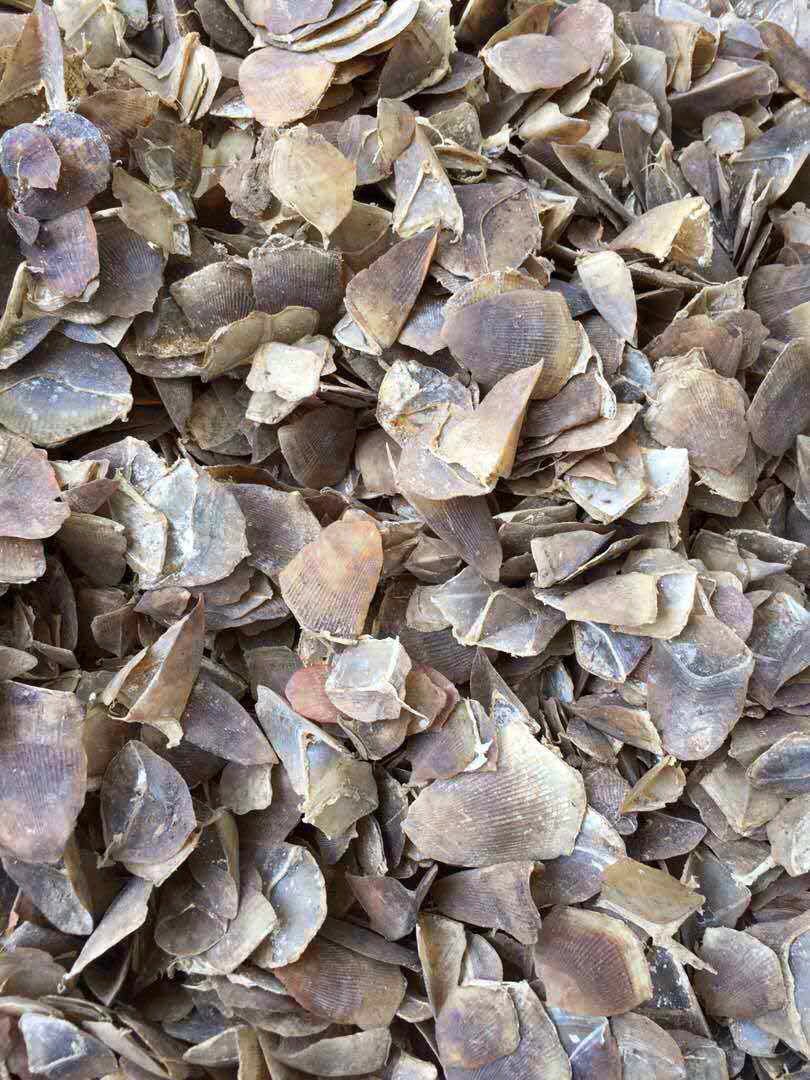
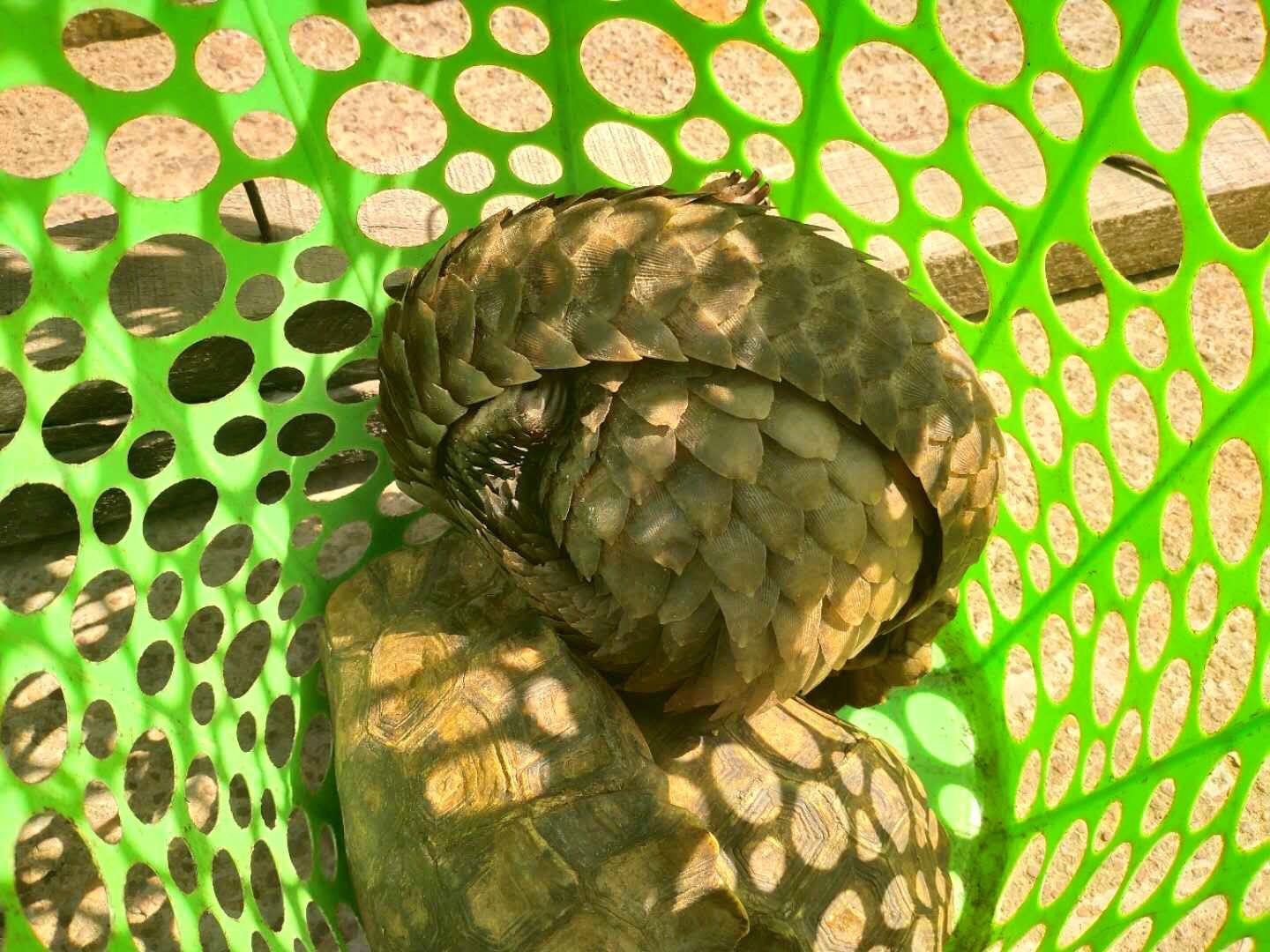
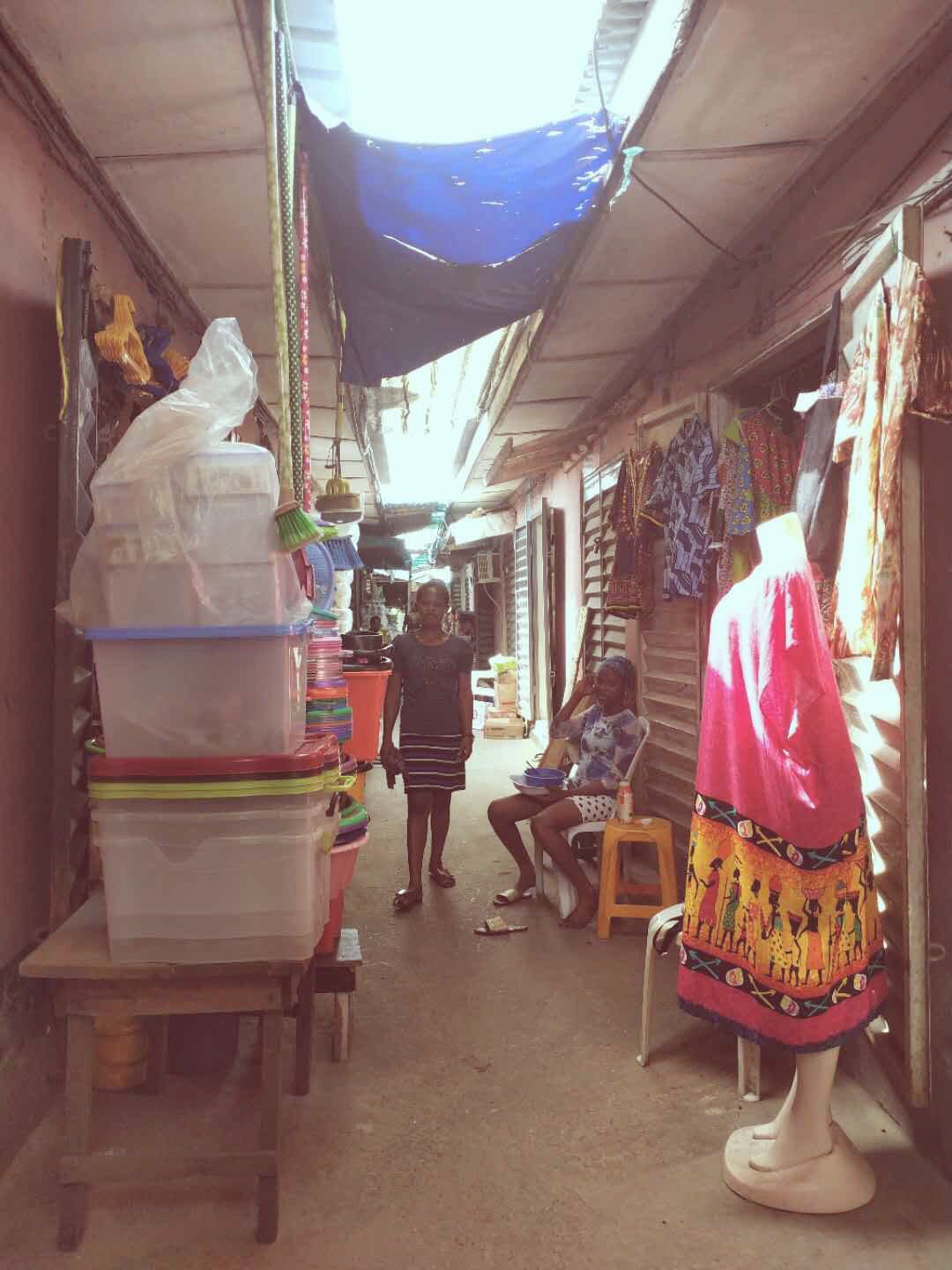
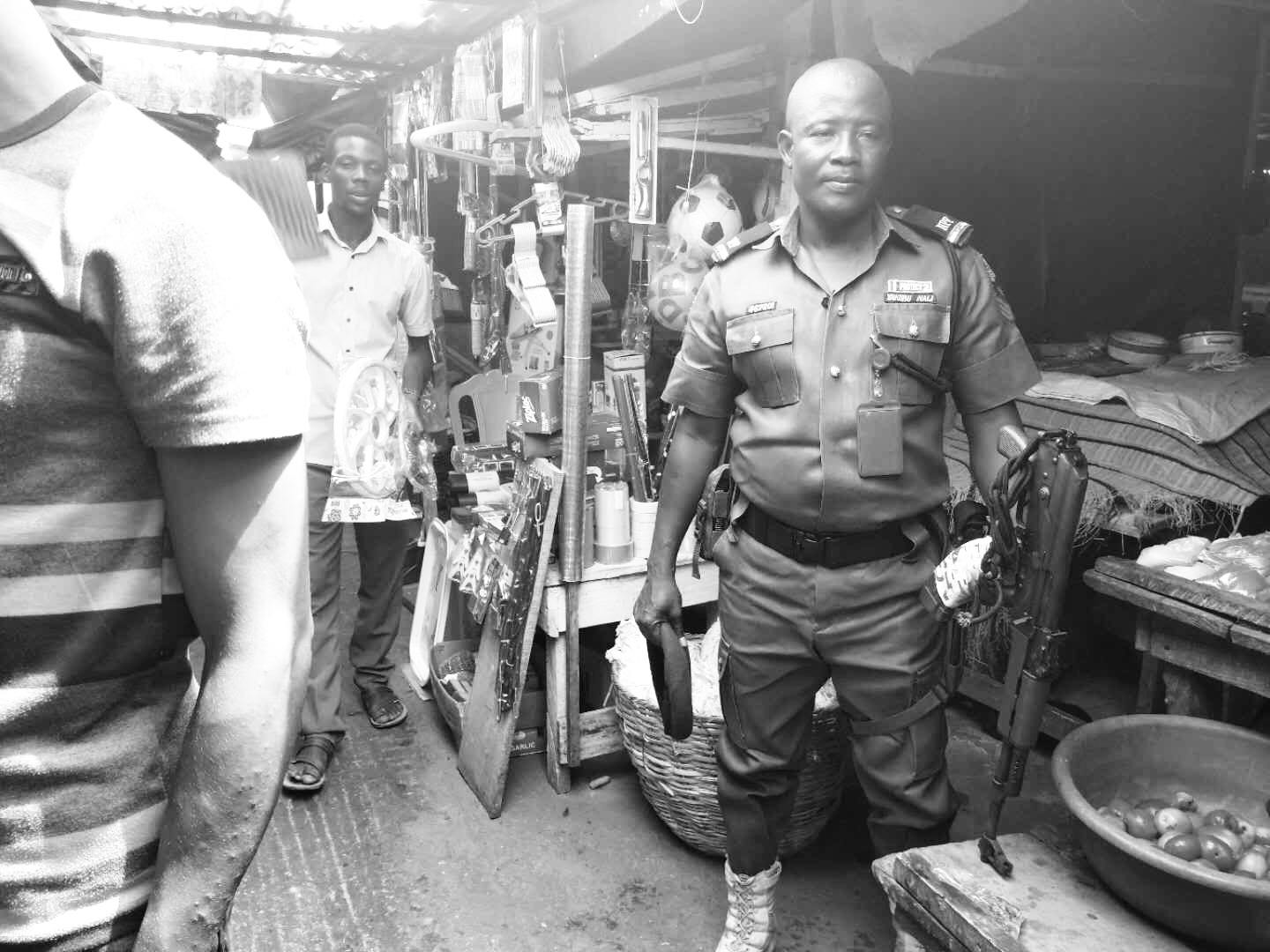

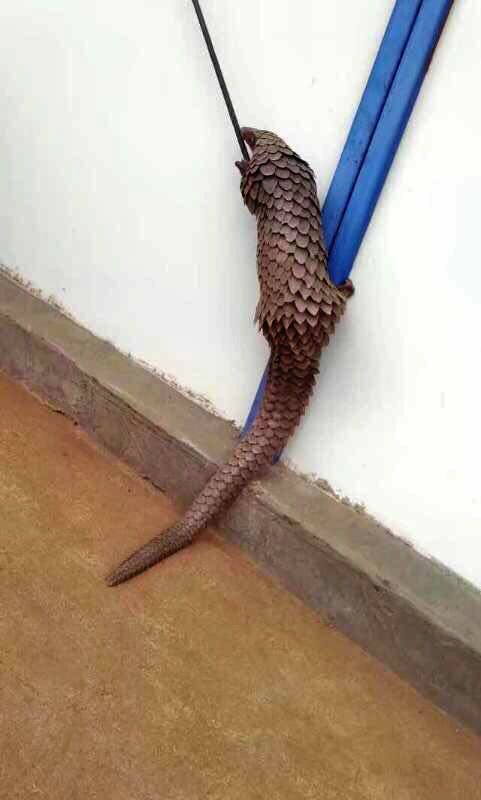
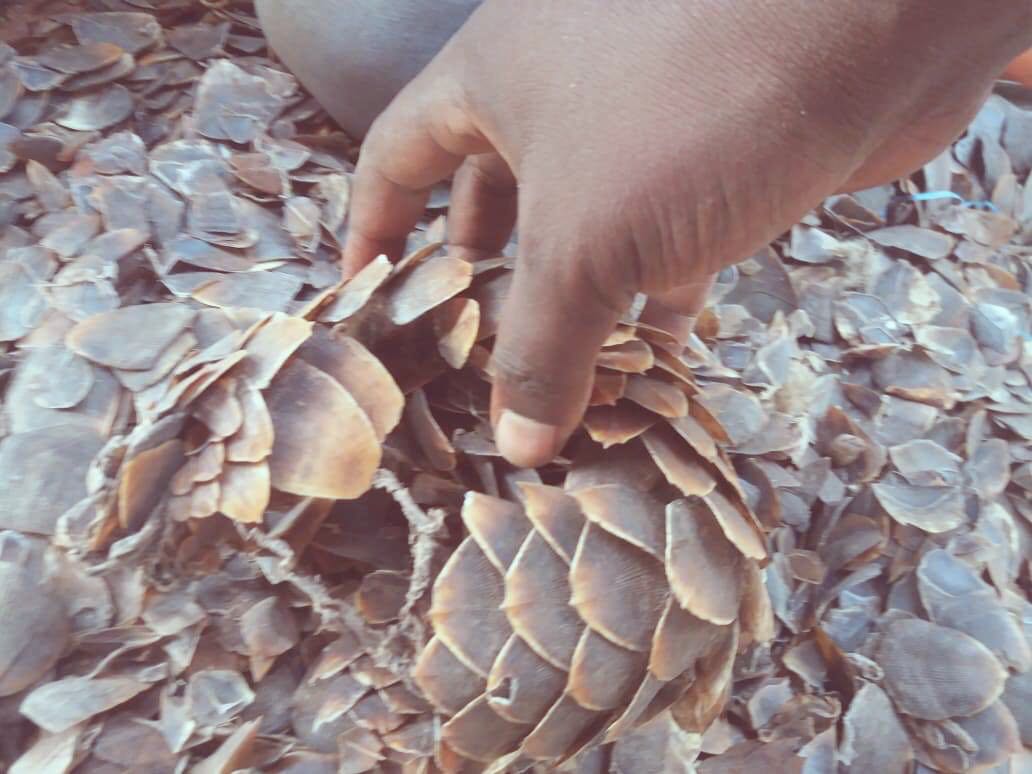
(Photo credit: CBCGDF volunteer)
By / Niu Jingmei
